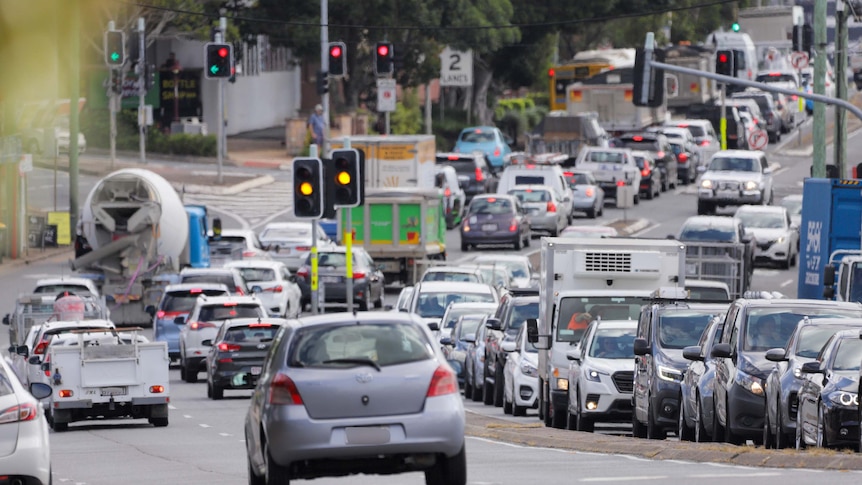- cross-posted to:
- [email protected]
- cross-posted to:
- [email protected]
cross-posted from: https://lemmy.world/post/13017037
#BrisPol
Nice to see some sensible policy for a change. Alas they have no hope of getting in :(
For the non-Australians, and even non-Queenslanders in here, Brisbane City Council is a bit unusual among Australian councils in that candidates stand under their party banner. In other councils they normally run as independents, even though much of the time they are actually a member of some party.
Our voting system is Instant Runoff Voting, which is what we also use federally and in state elections, but unlike those, in council elections, it is optional preferential. This fact has been key in helping the highly conservative LNP win a supermajority of seats in past elections, since moderate Labor and leftist Greens voters have not always preferenced each other enough to win seats that probably would have been won under compulsory preferential voting. The LNP, as a result, has 20 seats compared to 5 Labor and 1 Greens.
Despite this, there are reasons to suspect the OP is wrong in saying the Greens “have no hope of getting in”. The LNP’s campaign has shown quite clearly that they are very afraid of the Greens at this election. Usually the LNP’s main target would be Labor, but at this election they’ve barely mentioned Labor.
Polling says the Greens may win 5 new seats, which if Labor doesn’t pick up any new seats would put them in as the official Opposition. If Labor does perform well, they need to pick up just 3 seats for a Labor–Greens coalition Council to be formed, or just 2 with support of independent Cr Johnston, assuming the Greens pick up all 5 of those expected seats.
The most likely outcome is, sadly, that the LNP wins and we get more useless carbrained nonsense. But “no hope” couldn’t be much further from the truth for done genuine progressive change.
I’m gonna need some Aussie-to-Murican translation here. LNP? Costings?
LNP is the Liberal National Party of Queensland. Don’t let the name fool you, they’re our conservative party.
In other states in Australia, the Liberals and Nationals are different parties that act in a permanent coalition, but in Qld it’s one party. (Ostensibly, the Liberals were economically liberal and socially conservative and the Nationals were representing farmers and rural people. Today it’s more just slightly different flavours of conservatism from both.)
Our other two parties of relevance are Labor and the Greens. Labor has historically been our other main party, represting the common worker and coming from a history of the labour movement and unions. Today they are, in practice, similar to a somewhat better version of America’s Democrats. Neoliberal in principle but slowly, carefully moving towards a better world without rocking the boat too much. The Greens are a more leftist party, ranging from just slightly more left than Labor to true socialism. Jonathan Sriranganathan, their Lord Mayoral candidate in Brisbane, self-describes as an anarchist and is probably one of the more vocally extreme end of the party.
The Greens have historically been quite a marginal party. Able to survive thanks to IRV, but they only had one seat in our federal House of Representatives through the 2010s, and that was down in Melbourne. But in the 2022 election they won 3 more federal seats, all up here in Brisbane, so there’s a strong sense of growth and good organisation here that’s bolstered their efforts in this council election.
BCC is also unusual in that it’s really big. Other cities like Sydney and Melbourne are actually made up of multiple separate councils. Imagine New York, but instead of there being a Mayor of New York, there are actually mayors of Brooklyn, Manhattan, etc. Or maybe even smaller areas than that. But then Brisbane has one council for the whole thing. Add to that the fact that it’s about 50% of the state’s population, and is the third-biggest population in the country (biggest, if you measure by population of the city council area), and BCC has enormous political power in Australia.
Costings is not a term I realised was Australian. It’s the process of establishing how much you expect a policy to cost, and how much revenue proposed levies/taxes will bring in. It’s to establish economic credentials.
Excellent background info, thank you!
LNP = Liberal National Party = Right-wing Australian party




